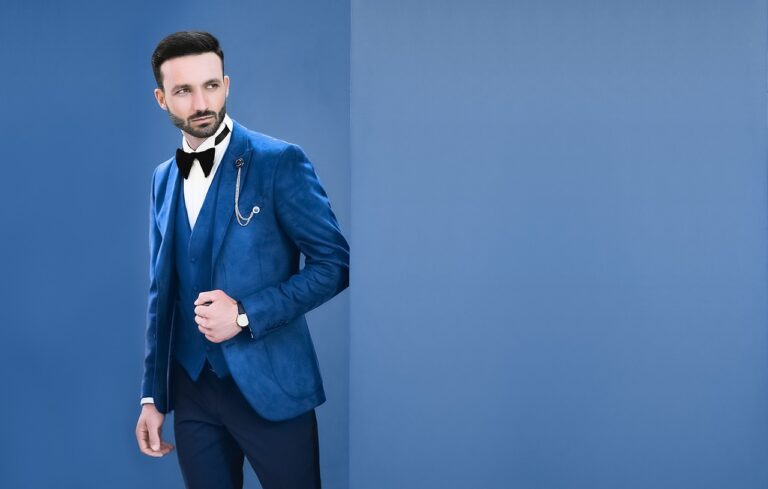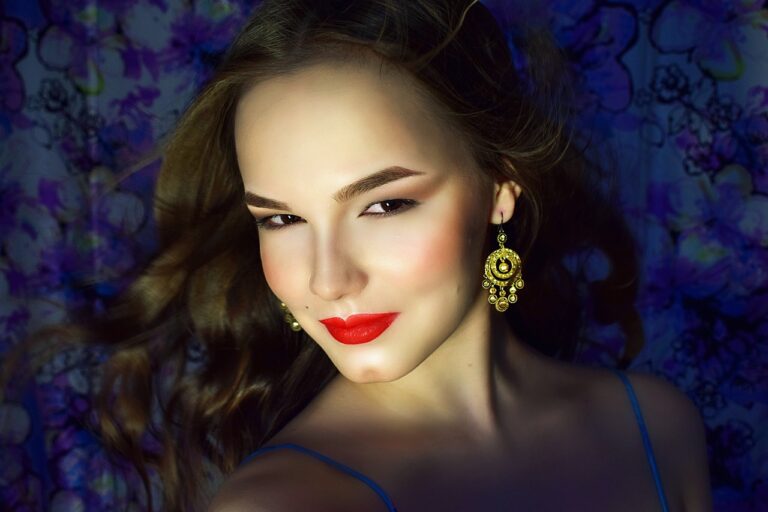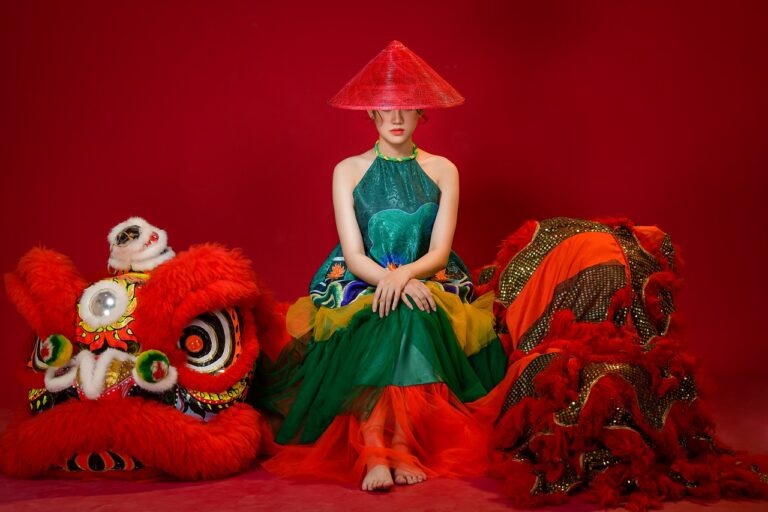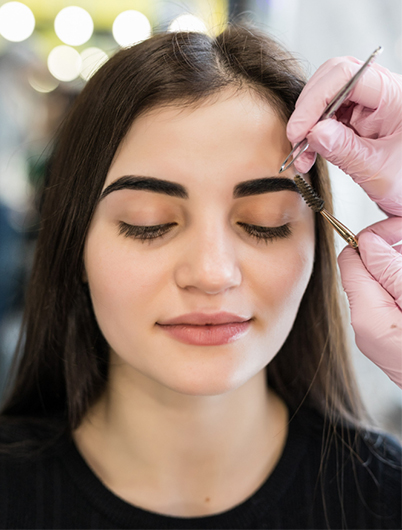Fashion Education and Career Paths
The fashion industry is a dynamic and fast-paced world that continuously evolves with trends and consumer preferences. It encompasses various sectors such as clothing, accessories, footwear, and cosmetics, creating a vast market that caters to a wide range of consumers worldwide. Fashion designers play a crucial role in shaping the industry by designing unique and innovative pieces that captivate the imagination of fashion enthusiasts.
In recent years, the fashion industry has witnessed significant changes due to technological advancements and shifts in consumer behavior. The rise of e-commerce platforms and social media has revolutionized the way fashion brands connect with their customers, allowing for more personalized shopping experiences and greater outreach. Additionally, sustainability and ethical practices have become major priorities for many fashion companies, leading to the rise of eco-friendly and socially responsible initiatives within the industry.
Types of Fashion Degrees
When considering pursuing a career in the fashion industry, individuals have a range of degree options to choose from. One of the most popular choices is a Bachelor of Fine Arts (BFA) in Fashion Design, which equips students with fundamental design skills and a deep understanding of the industry. This degree typically includes courses in fashion illustration, patternmaking, garment construction, and textile studies.
Another common fashion degree is a Bachelor of Science (BS) in Fashion Merchandising, which focuses on the business side of the industry. Students pursuing this degree learn about retail management, consumer behavior, trend forecasting, buying and merchandising strategies, and marketing in the context of the fashion world. Graduates with a BS in Fashion Merchandising often go on to work in retail management, merchandising, brand management, or marketing roles within the fashion industry.
• Bachelor of Fine Arts (BFA) in Fashion Design
• Equips students with fundamental design skills and industry knowledge
• Courses include fashion illustration, patternmaking, garment construction, and textile studies
• Bachelor of Science (BS) in Fashion Merchandising
• Focuses on the business side of the fashion industry
• Covers retail management, consumer behavior, trend forecasting, buying strategies, and marketing
• Leads to careers in retail management, merchandising, brand management, or marketing within the fashion industry
Fashion Design Careers
When pursuing a career in fashion design, individuals have a myriad of options to consider. From working as a freelance designer to joining established fashion houses, the industry offers a diverse range of opportunities for creative individuals to showcase their talents. Designers can also find employment in retail companies, creating clothing lines or working on merchandise development.
Fashion designers play a crucial role in shaping trends and influencing consumer behavior. Whether it’s designing haute couture pieces for the runway or crafting ready-to-wear collections for mass production, the work of a fashion designer is vital in driving the ever-evolving world of fashion. With a keen eye for detail and a passion for innovation, designers have the ability to transform concepts into tangible creations that captivate audiences worldwide.
What is the job outlook for fashion design careers?
The job outlook for fashion design careers is competitive, but there are opportunities for those with talent, creativity, and perseverance.
What are some typical job responsibilities for a fashion designer?
Typical job responsibilities for a fashion designer include sketching designs, selecting fabrics, creating prototypes, and overseeing production.
Do I need a fashion degree to pursue a career in fashion design?
While a fashion degree can be beneficial, it is not always necessary. Many successful fashion designers have a combination of talent, experience, and industry connections.
What are some common career paths for fashion design graduates?
Common career paths for fashion design graduates include working as a fashion designer for a clothing company, starting their own fashion line, or working as a stylist or consultant.
Are there opportunities for advancement in the fashion design industry?
Yes, there are opportunities for advancement in the fashion design industry. Experienced fashion designers can move up to senior or lead designer roles, start their own fashion labels, or work in other areas of the industry such as merchandising or marketing.






